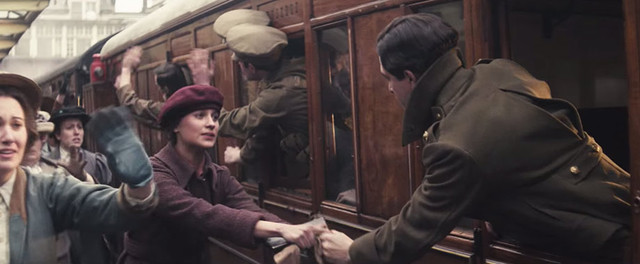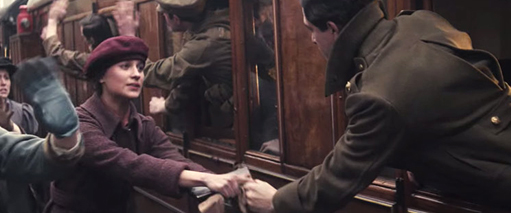Film Review: Testament Of Youth
Bbc Drama Looks At World War I Through A Darker Lens


Latest Article|September 3, 2020|Free
::Making Grown Men Cry Since 1992

